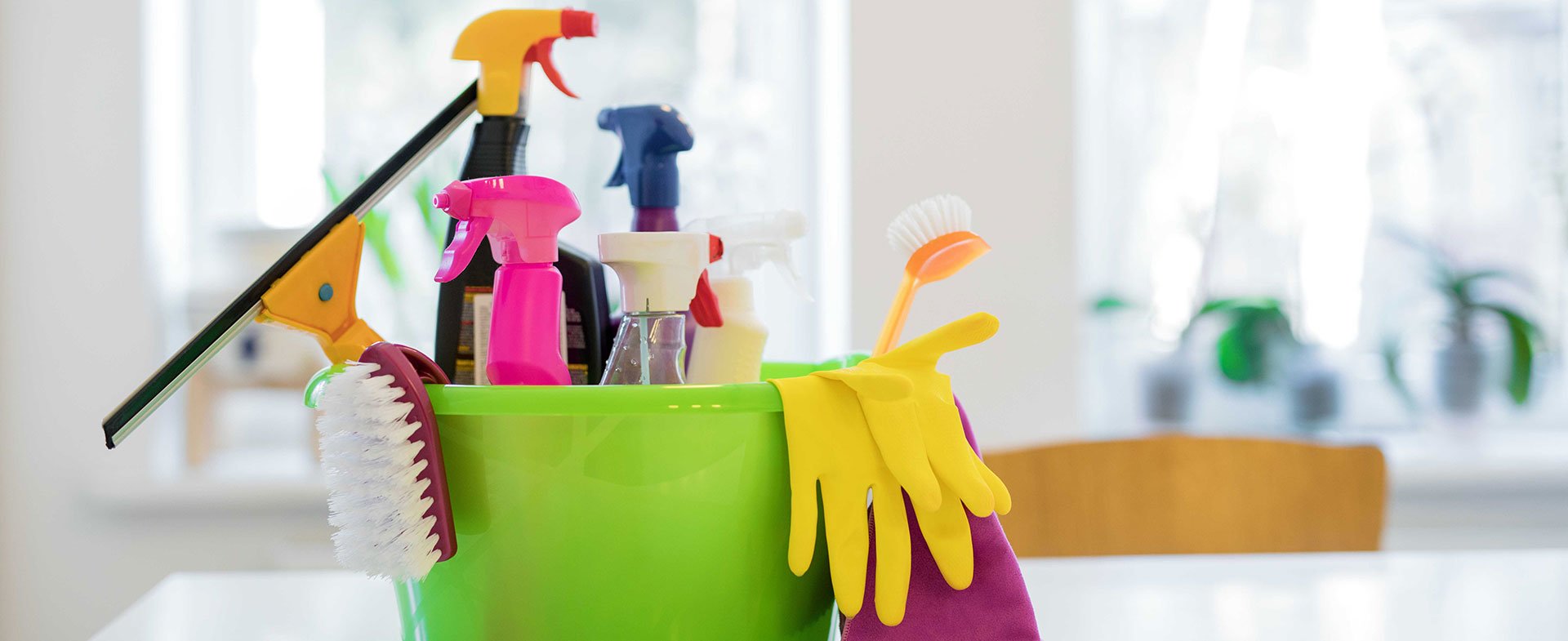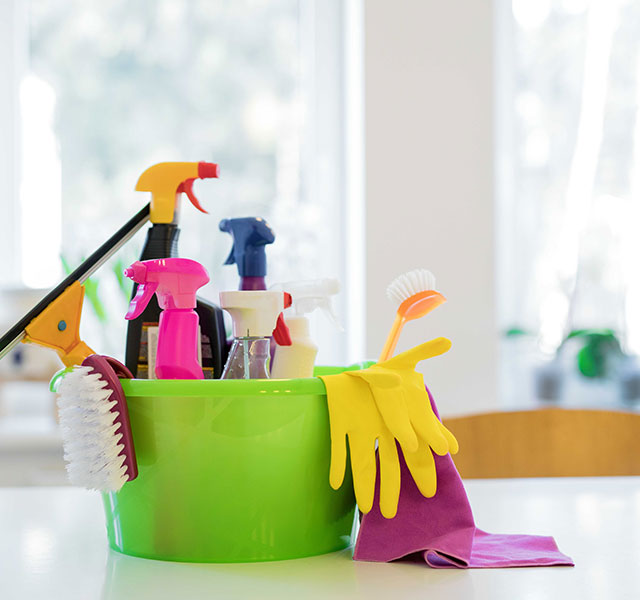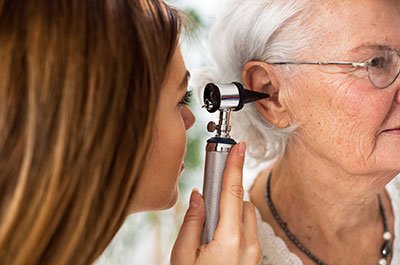When someone in your household comes down with a cold or flu, your first thought might be: How can I prevent the rest of us from getting ill?
It’s complicated. Not only are you sharing the same space with someone who is sick, but you’re also touching the same surfaces, using the same appliances and yes, breathing the same air.
“If you think someone in your household is coming down with an illness, even if it’s just a common cold, don’t wait to break out your cleaning products,” advises Sana Zuberi, M.D., a family medicine specialist at Henry Ford Health.
Strategies for Keeping It Clean
The good news is, cleaning after someone has the flu or a cold doesn’t need to be difficult. There are simple disinfection steps you can take to reduce the spread of germs and prevent your family members from getting sick:
- Clean surfaces: Cold, flu and other germs can thrive on hard surfaces for days or even weeks at a time. To kill them quickly, use bleach-based wipes on surfaces family members touch frequently. Kitchen and bathroom countertops and other surfaces tend to be a cesspool of bacteria and germs. Other trouble spots you should focus on: computer keyboards, cell phones, television remotes, doorknobs and refrigerator door handles.
- Wash your hands: The single best way to prevent the spread of illness is to wash your hands frequently. A quick rinse with soap and water isn’t enough, especially when someone is sick. Make sure you lather up and scrub for at least 20 seconds (about how long it takes to sing the alphabet song once or “Happy Birthday” twice) and encourage everyone in the family to do the same.
- Wear a mask: Perhaps your best defense against getting sick — or sharing your own illness — is to wear a mask at all times while someone is sick. “People don’t want to wear a mask, and when they do wear one, they often remove it to cough or sneeze. That defeats the purpose,” says Dr. Zuberi.
- Do some laundry: You might automatically launder sheets when your child or family member is sick, but don’t forget shared blankets, stuffed animals and pajamas. “Kids might even wipe their noses or sneeze into a blanket or stuffed animal,” cautions Dr. Zuberi. The antidote: Wash bedding and stuffed toys in hot water and wipe down other objects with bleach-based wipes or cleaner.
- Don’t share: Make sure your children use separate utensils and plates. Don’t share beverages or blankets. And encourage all family members to wash their hands frequently and keep fingers and hands away from their faces.
- Use bleach: Unfortunately, some viruses are resistant to ordinary cleansers or essential oils. “The only thing that really works for those resistant bugs is bleach,” Dr. Zuberi says.
Staying Healthy
If someone in your home has been sick, it’s important to give your home a good deep cleaning once everyone is healthy again. Year-round, sick or not, you should also do what you can to keep your home healthy. A few of Dr. Zuberi’s strategies:
- Don’t track shoes into the house.
- Change clothes when you come home.
- Swap bed sheets at least every two weeks.
- Wipe counters and surfaces daily.
- Mop floors and vacuum carpets at least weekly.
Most important, don’t share your germs. If you’re feeling sick, suffering from a scratchy throat or think a cold is coming on, stay home from school and work until you’re back to 100 percent.
To find a doctor or pediatrician at Henry Ford, visit henryford.com or call 1-800-HENRYFORD (436-7936). If you or your child is sick, check out our many convenient same-day care options at henryford.com/sameday.
Dr. Sana Zuberi practices family medicine, seeing patients of all ages at Henry Ford Medical Center – Plymouth.



